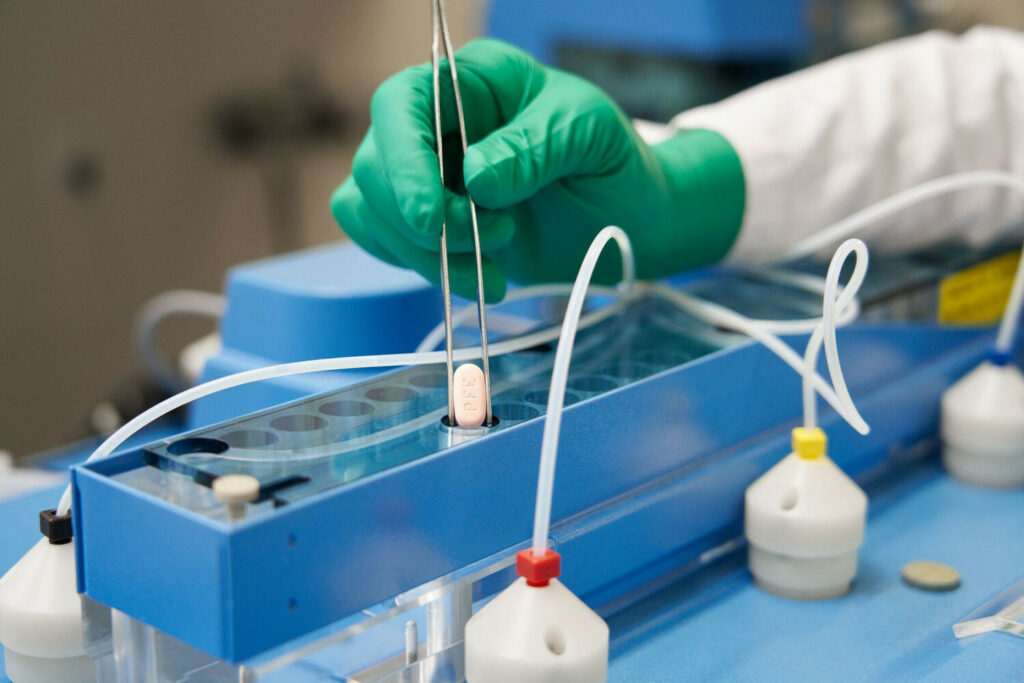
Studies on the use of pre-existing drugs in COVID therapy have received inconsistent results. Researchers from the Jagiellonian University (UJ) in Krakow, Poland, have shown that the discrepancies may have been caused by random differences between treatment and control groups and inadequate statistical analysis, rather than errors in research practices.
In the journal Studies in History and Philosophy of Science, Jagiellonian University researchers Dr Mariusz Maziarz and Dr Adrian Stencel proposed a completely different approach to theoretical reasoning and to laboratory research and to focus it on trying to understand why a particular drug may not be effective.
The urgency to discover a drug for COVID-19 meant that clinical trials were started immediately after positive laboratory test results or solely on the basis of a theoretical analysis of the mechanism of viral replication and the mode of action of the drug.
In addition, the rush meant that the conduct of clinical trials was often not properly coordinated.
Read more:
https://link.springer.com/article/10.1007/s40656-022-00532-9









